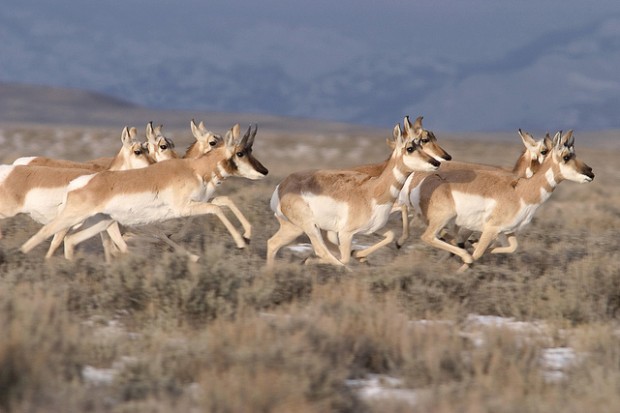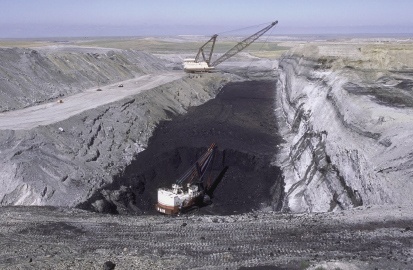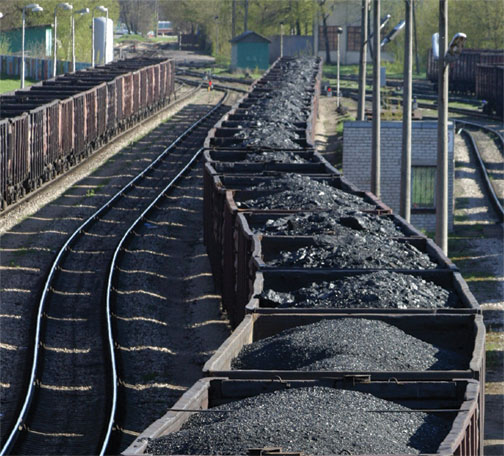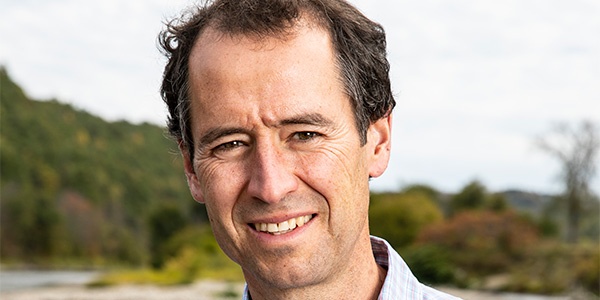We have much more to do and your continued support is needed now more than ever.
A Step to Stop Subsidizing Coal Mining and Protect Wildlife
We have seen unprecedented steps towards meaningful carbon reduction and meet carbon reduction goals of 26-28% by 2025 set by the Obama Administration. The Administration should be thanked for bold steps like the introduction of the first ever proposed rules to address carbon pollution from the power sector that will benefit wildlife by helping to avert runaway climate change.

It is crucial that policies regarding fossil fuel development align with the Administration’s carbon reduction policy goals.
Now the Department of Interior’s Office of Natural Resources Revenue is taking an important step to account for the costs of extracting dirty fossil fuels on our public lands by closing a loophole that allows coal mining companies to escape meaningful royalty payments.

Wildlife Habitat, Public Lands and Carbon Pollution
Scientists are telling us that in order to avoid runaway climate change, 33 percent of known oil reserves, 50% of gas reserves, and 80% of coal reserves must stay in the ground between 2010 and 2050. For the United States, 92% of known U.S. coal reserves would need to be kept in place even if nascent technology to store carbon from coal is developed.
Yet, in the United States, a recent report shows that oil, gas and coal from federal lands and waters comprise more than 20% of all U.S. carbon pollution emissions, and America’s public lands account for 30% of the nation’s energy production. These are our same national parks and public landscapes that provide vast expanses of vital habitat for wildlife.
In 2012, federal lands and waters accounted for 24% of all U.S. energy-related greenhouse gas emissions – mostly from fossil fuels that are extracted and then burned.
To put that into perspective, carbon emissions from resulting fossil fuel development on public lands in 2012 amounted to the emissions equivalent of a whopping 280 million cars. Public lands are generating 4.5 times more carbon pollution than they are sequestering or absorbing.
Coal is the biggest culprit of emissions, with coal combustion from federal lands accounting for more than 57% of all fossil fuel emissions from federal lands.
Reigning in Coal Company Subsidies
Perhaps one of the best way to reduce carbon pollution from our public lands is to reform the leasing process itself. Currently, leases are given away at basement prices: just over a $1 a ton when market prices are about 11 to 60 times that amount. And this coal is now being sent overseas as domestic coal demand dries up.
Adjusting royalty rates to ensure that fossil fuel companies, and not the public, pay the costs associated with extraction and carbon pollution is an important step in making sure coal companies aren’t allowed to profit on coal at public expense.

A Reuters investigation estimated that this practice resulted in companies escaping $40 million in royalty payments on coal exports from Wyoming and Montana alone in 2011.
DOI’s proposed rule essentially changes the price at which a royalty would be paid to a middle-man. The rule should be strengthened to ensure royalty is paid on the market price. Using market price would make a tremendous difference in the amount of royalty collected. For example, the average mine-mouth price of coal mined in the Powder River Basin is $11.55 per ton, but the market price is about $37 per ton.
This rule change is move in the right direction. We can’t subsidize coal production for export and meet our carbon reduction targets. The price of fossil fuels from public lands must more accurately reflect the costs.
![]() Urge the Department of Interior to stop subsidizing the expansion of coal mines across the West and close the royalty loopholes!
Urge the Department of Interior to stop subsidizing the expansion of coal mines across the West and close the royalty loopholes!






















